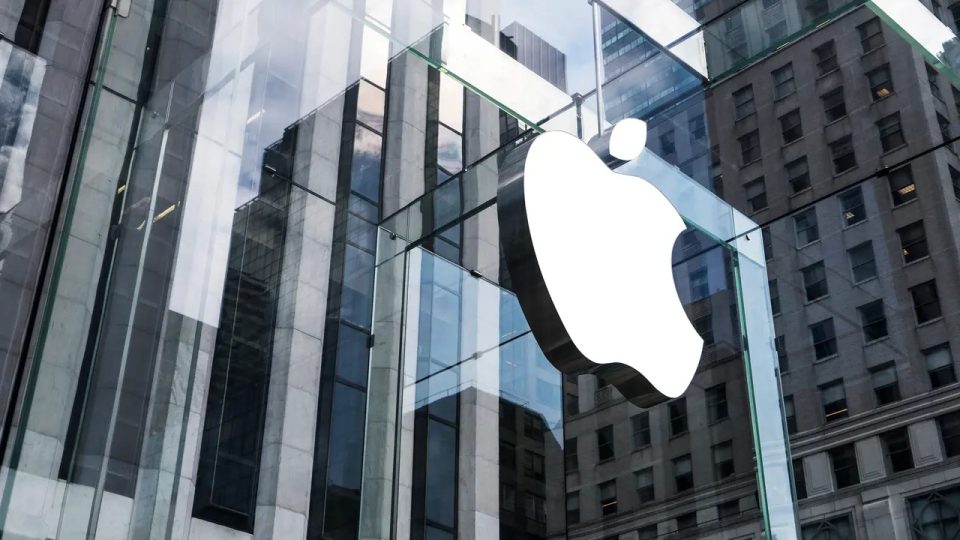A steady decline in Apple shares has pushed the iPhone maker’s market value below $2 trillion, the latest casualty of a tech stock rout.
Apple Inc fell 3.7% on Tuesday, closing at its weakest since June 2021, as concerns over iPhone supply intensified during the critical holiday quarter and investors lost faith in a reprieve from rising interest rates. After Microsoft Corp and oil giant Saudi Aramco retreat in 2022, Apple’s market capitalisation plummets to $1.99 trillion, ending its dominance as the last company to reach a $2 trillion market cap.
The milestone marked Apple’s fall from grace. The stock, which has outperformed the S&P 500 for much of the past year, has tumbled amid concerns that problems with iPhone production in China could derail the company’s most critical holiday sales.
Just a year ago, Apple shares briefly rallied as the S&P 500 hit an all-time high, climbing its market capitalisation above $3 trillion.
The four largest US tech and internet companies will lose more than $3 trillion in market value in 2022 as inflation soars and sales growth that soared during the Covid-19 pandemic slows. December was Apple’s worst month since May 2019, falling 12%, outperforming the tech-heavy Nasdaq 100’s 9% drop over the same period.
Cupertino, California-based Apple has suffered supply disruptions due to Covid-19 lockdowns in China, but the situation has been easing. Manufacturing partner Foxconn Technology Group has restored the world’s largest iPhone factory to about 90% of its expected peak capacity.
Known as the iPhone City, the Zhengzhou factory produces most high-end iPhone 14 Pro and Pro Max devices. In November, thousands of workers fled or staged protests against extreme Covid rules. But Foxconn lifted most of those restrictions last month and offered more incentives to new and existing workers.
Another Apple supplier, Murata Manufacturing, also expressed pessimism last month. The tech giant is expected to scale back further its iPhone 14 production schedule in the coming months, the company said. The iPhone accounts for about half of Apple’s revenue.
Meanwhile, the Nikkei reported on Monday that Apple had asked several suppliers to reduce the production of components for some products, including AirPods, Apple Watch and MacBooks, considering weak demand.
Apple is expected to release its latest quarterly earnings report in the coming weeks. The quarter that ended in December was its most significant sales period, and analysts had initially expected record revenue. According to estimates compiled by Bloomberg, they were expected to dip slightly to $122.9 billion.
Underpinning Apple’s valuation is the hope that the company still has significant growth opportunities. Services, a key area of expansion in recent years, now account for more than a fifth of revenue. The company is also working on significant initiatives like a mixed reality headset and electric cars that could launch as early as this year.







